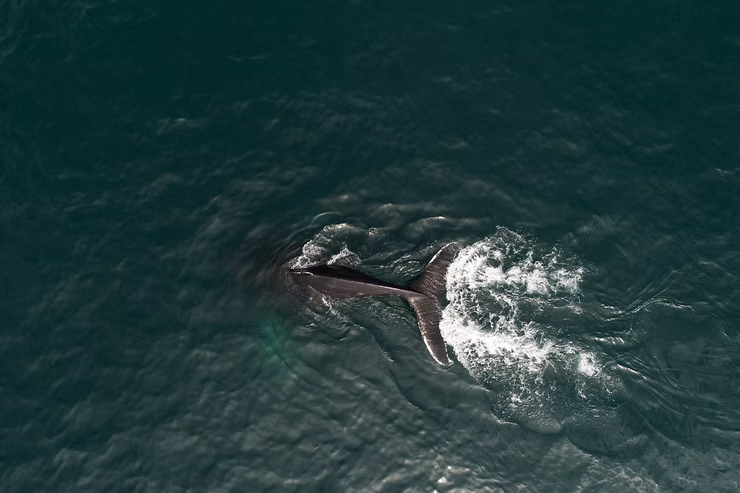The Role of Science and Research in Ocean Conservation
Science and research play a vital role in ocean conservation, providing valuable insights and guiding evidence-based decision-making.
Understanding Ecosystem Dynamics
Scientific research helps us comprehend the complex interactions within marine ecosystems. By studying relationships between species, habitats, and environmental factors, scientists unravel the intricacies of oceanic processes. This understanding is crucial for effective conservation strategies and biodiversity preservation.
Assessing Threats and Impacts
Research allows us to identify and evaluate threats such as overfishing, pollution, climate change, and habitat destruction. Quantifying these impacts on ecosystems, species, and ecological processes enables prioritization of conservation efforts and targeted interventions.
Conservation Planning and Management
Science provides the foundation for developing conservation plans and management strategies. Research helps identify critical areas for protection, establish marine protected areas, and implement sustainable fishing practices. Evidence-based decision-making ensures long-term ocean health and resilience.
Monitoring and Assessment
Continuous monitoring is key to evaluating conservation effectiveness and tracking ecosystem changes. Scientific programs detect shifts in species distributions, abundance, and health, supporting adaptive management and highlighting emerging issues that require attention.
Conservation Technology and Innovation
Science drives technological advancements such as underwater robotics, satellite monitoring, genetic analysis, and data modeling. These tools enhance our understanding of oceans, aid in habitat mapping, species tracking, and monitoring human impacts, supporting more effective conservation efforts.
Climate Change Adaptation
Scientific research is crucial for understanding climate change impacts on oceans and developing adaptation strategies. It identifies vulnerable species and habitats, predicts future changes, and informs mitigation actions to enhance ecosystem and species resilience.
Collaboration and Knowledge Exchange
Research fosters collaboration among scientists, conservation organizations, policymakers, and communities. Sharing data, expertise, and best practices improves conservation effectiveness and enables coordinated responses to complex challenges across regions and disciplines.
Public Awareness and Engagement
Science raises public awareness about ocean conservation. Outreach, education, and communication translate research findings into accessible messages, empowering communities to engage in stewardship and contribute to conservation efforts.
Conclusion
Prioritizing funding, promoting interdisciplinary collaborations, supporting open access to scientific data, and training future scientists are essential to harness the full potential of research in ocean conservation. Science and research provide the knowledge and tools needed to tackle ocean challenges and implement sustainable, evidence-based solutions for the protection of marine ecosystems.

